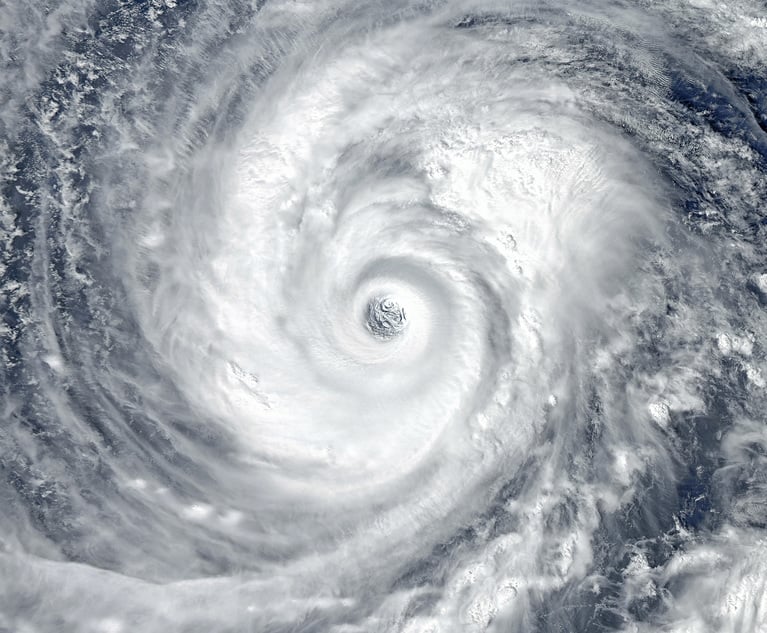(Bloomberg) -- France is no longer France, Donald Trumpsaid provocatively after the nation came under repeated terroristattack.
|Now a new report casts the country as riskier fordisrupting businesses than many developing nations with a historyof violence and upheaval.
|London-based risk analysis firm VeriskMaplecroft has put together a Civil Unrest Index thatranks almost 200 countries in terms of their exposure toprotests, mass demonstrations, ethnic or religiousviolence.
|France ranks 16th, just behind Argentina and barely in front ofAfghanistan and Mali, a former colony. It is the only Europeancountry in the top 20 and considered "high risk." Greece, whichalmost got the boot from the euro, came in 25th. Germany and theU.K. are still considered "low risk."
|Complex set of risks
"It is notable that civil unrest does not just occur in the ‘usualsuspects’ of high risk political violence countries," such asSyria, Yemen and Libya, the report specifies. Several of them— India, Mexico, South Africa, France, Brazil — have weatheredsignificant protests on a weekly basis in the past 12 monthsand "companies operating in key G-20 countries must deal with anincreasingly complex set of risks in relation to politicalviolence,'' it said.
To be sure, places like Afghanistan and Somalia are far moredangerous environments for businesses to enter. But in France, thevalue of the infrastructure coming under attack is so much higher.That means there is more at stake with more frequent and moreviolent civil disorder. Last year, Air France workers ripped theshirts off the backs of executives after the airline slashedjobs.
|Science behind index
So what's the science behind this index? The results are compiledfrom a survey that assigned scores and importance to a range ofdifferent factors:
- How frequent is unrest?
- What's been the impact in the past, from damage to property toactual deaths?
- What instruments are used to tackle discontent?
- What are the underlying economic conditions, from cost ofliving to inflation?
- Are government subsidies on fuel and food being cut?
These factors are considered drivers to civil disruption.Thereport draws a key distinction between France and Germany: "WhileFrance has an active civil society and trade unions, theseactors tend to encourage demonstrations, as protest andindustrial action are key facets of the country’s politicalculture. In contrast, Germany’s more consensual politicalculture supports close cooperation between trade unions,industry and government."
|In light of Brexit, the report says U.K. should be morevigilant.
|"The implications of the U.K.’s vote to leave the EUincrease the potential for unrest in the country," the report says."The possibility of price rises for imported goods, combinedwith a slowdown in economic activity is likely to serve as a keysource of popular discontent."
|Related: Top 10 business risks in theAmericas
|Copyright 2018 Bloomberg. All rightsreserved. This material may not be published, broadcast, rewritten,or redistributed.
Want to continue reading?
Become a Free PropertyCasualty360 Digital Reader
Your access to unlimited PropertyCasualty360 content isn’t changing.
Once you are an ALM digital member, you’ll receive:
- All PropertyCasualty360.com news coverage, best practices, and in-depth analysis.
- Educational webcasts, resources from industry leaders, and informative newsletters.
- Other award-winning websites including BenefitsPRO.com and ThinkAdvisor.com.
Already have an account? Sign In
© 2024 ALM Global, LLC, All Rights Reserved. Request academic re-use from www.copyright.com. All other uses, submit a request to [email protected]. For more information visit Asset & Logo Licensing.








